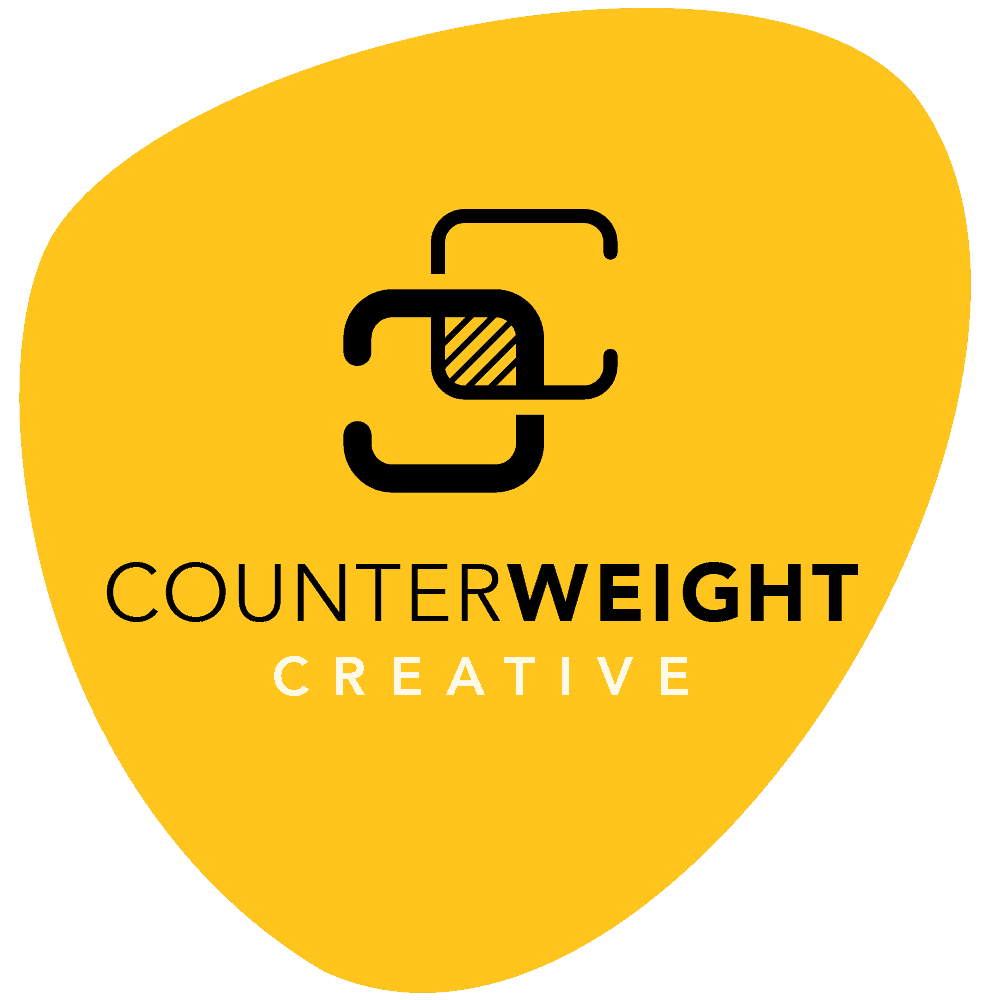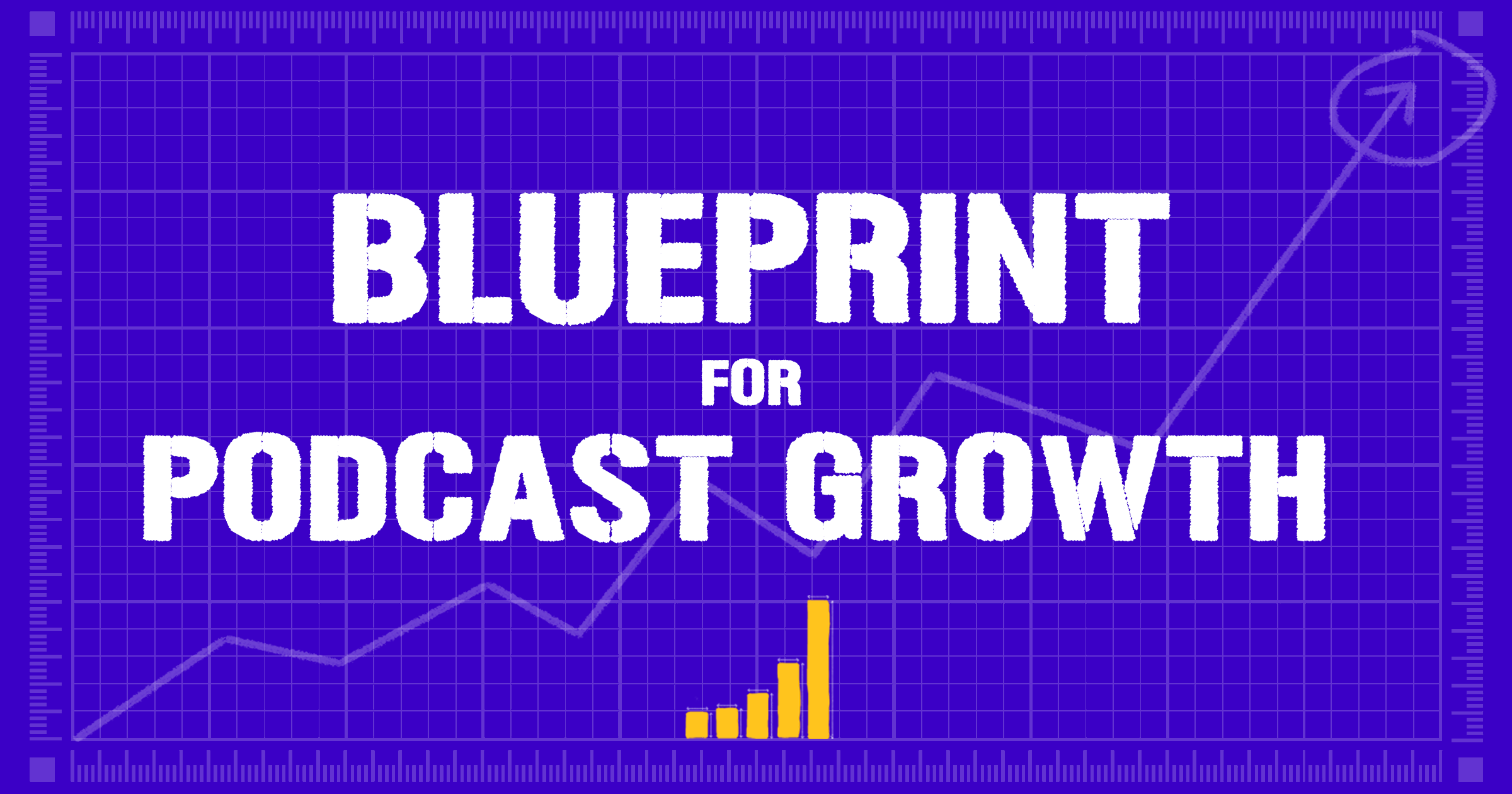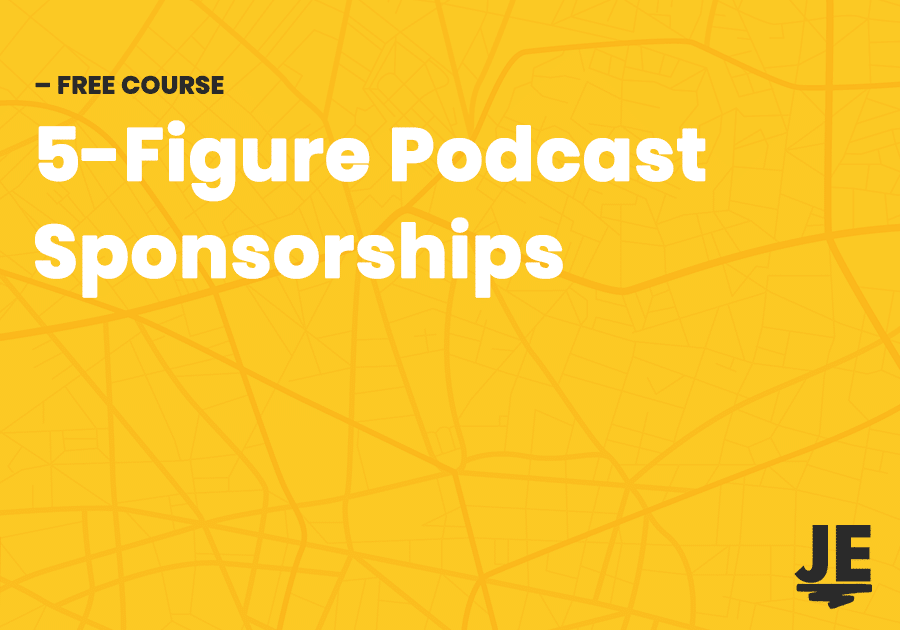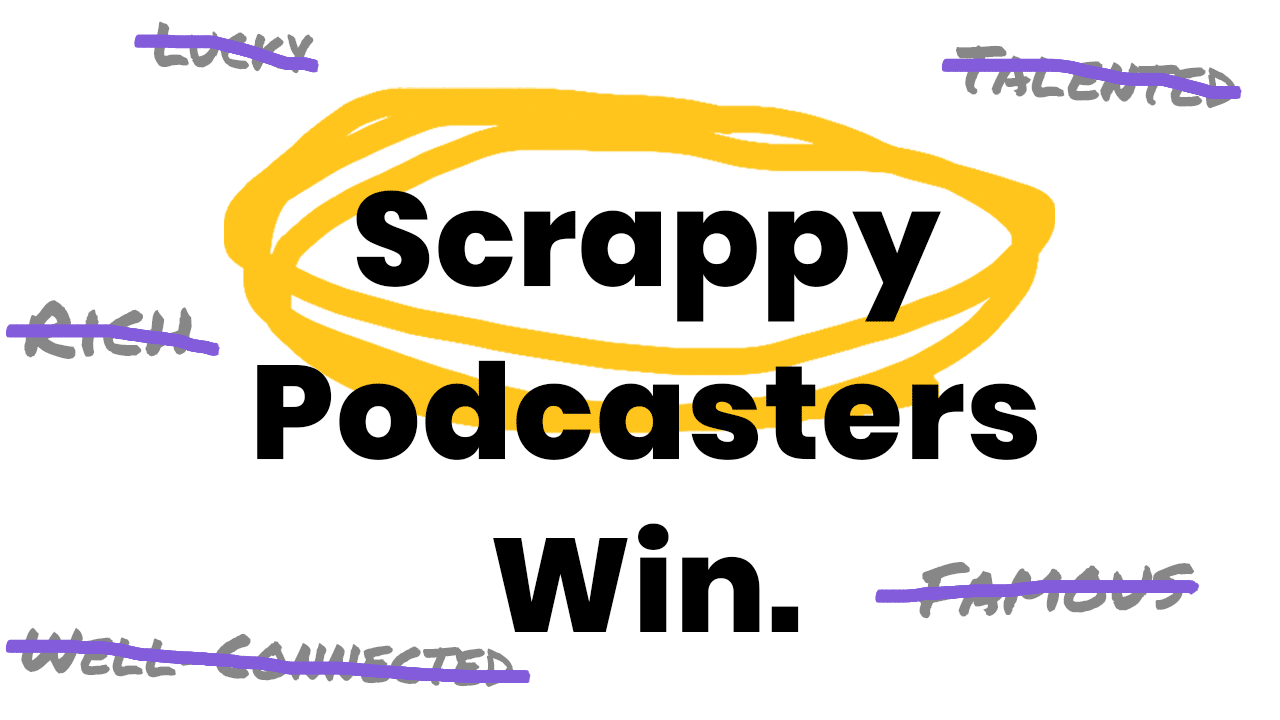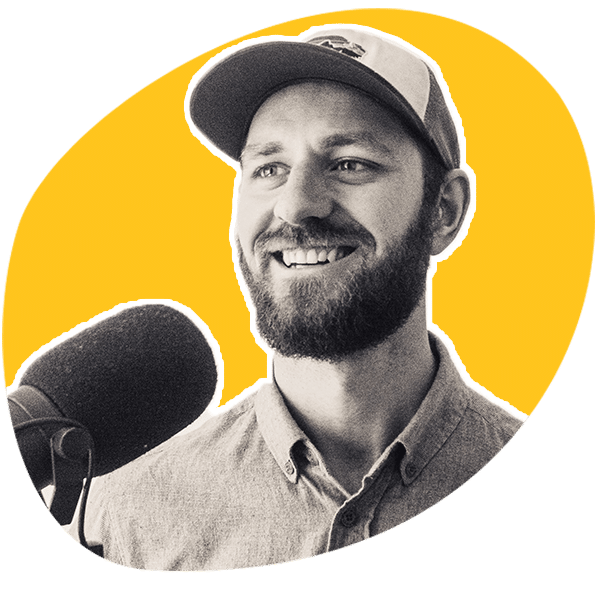This is the second half of a 2-part mini series* on how to become a better podcast interviewer. Part 1 shocked the world and drew rave reviews, and if you haven’t read it yet you should probably check it out before continuing on to this article. But, if you’re feeling ballsy and just want to jump in out of order, that’s cool too. We don’t judge.
* Think HBO but way more boring…
In part 1 we covered the first two pillars that I’ve found effective, insightful interviews to be built upon, Research and Preparation. Today we’re going to dive into the remaining pillars, the two that come into play during the actual interview.
Once again, the 4 pillars are as follows:
- Research
- Preparation
- Listening
- Adaptability
Dealing With Our Baggage
Let’s face it, most of us starting out as podcasters don’t have a background in journalism and have limited (if any) interview experience*. Many of us get into podcasting simply because we have a deep curiosity about a topic and want to learn more from the experts in that field while sharing our learnings with our listeners.
* Aside from being on the receiving end of job interviews, or worse, in-law interviews…
This is awesome, and I’m a huge fan of anyone* who has enough curiosity about anything to actually spend the money and time to start a podcast and reach out to others to interview them about it.
* That’s right, I’m a fan of YOU!
But, given that most of us are not professional journalists, conducting interviews might not be a wholly comfortable position for us. We’re awkward, tight, and nervous about how the interview is going many times, especially at the start of our podcasting careers.
This is ok.
I recently listened to an interview with Ira Glass, the creator of This American Life on a podcast called The Turnaround*, and he mentioned that even after 30 years, he’s still nervous going into every interview.
* If you’re interested in learning from some of the best interviewers out there, you should definitely check it out!
The thing is, you need to find a way to move past this discomfort to get the most out of your guests. Much of this comfort will only come from doing a number of interviews, gaining confidence in yourself as an interviewer & host, and having done your research and preparation leading up to the interview.
Sure, you’ll likely have some nerves going into every interview regardless of how prepared you are, but you’ll be able to work through it more quickly and be able to relax and let go a whole lot easier, which is essential to pillar 3 of effective interviewing.
Interview Pillar 3: Listening
So we’ve talked before about how some podcast hosts and interviewers across a variety of media seem to have this ability to pull insightful responses out of their guests – seemingly every single time they interview someone.
Their secret?
Actually listening to what their guests are saying.
Being comfortable as an interviewer is essential here. Too often, when we’re tight and anxious, we have our list of questions we want to cover and as soon as the question is answered, we jump onto the next one.
It’s often not until after the interview is over and we’re editing it, that we realize that there was something that our guest said that we could have dug into deeper.
This is where the insight often comes from, pushing deeper beyond the surface answer and getting your guest to elaborate on their initial response.
But you need to have your ears open, listening for these threads of substance that are worth unraveling further.
How To Develop A Listening Habit
I’ll be honest, it isn’t easy. I struggle with it myself and will often catch myself mid-conversation, noticing to myself, “Wow, I’m talking a lot here”. Here are some ideas for combating that, and becoming a better listener.
- Establish listening as a goal for yourself. The good news is that most of us engage in dozens of conversations a day. Train yourself in these day to day conversations to keep an ear out for anything that catches your ear as interesting. We’ve already established that you’re a curious person – otherwise you probably wouldn’t have started your podcast. So start out by using that curiosity to simply note interesting comments you hear in your conversations. If you want to take this a step further, actually write down some of the interesting tidbits after the conversation.
- Go through your past podcast interviews and listen for areas where you could’ve pushed deeper. You might notice some similarities in the phrasing or types of responses that trigger this response in you. Maybe the answer was vague, a deflection of the question, or something else entirely.
Think about what you would’ve liked to get out of your guest in that moment and write down a list of questions that would’ve helped your subject get to where you were wanting to lead them.
In my free Kick-Ass Interview Planner, part of the crafting of each question revolves around “What am I trying to uncover with this question?” If your initial question didn’t get to that point, it’s your job to listen to what your guest gave you and figure out what question will get them there. Maybe it’s the same question rephrased, or maybe it’s an entirely different question that approaches the topic from a different angle. - Listen to great interviewers with the goal of studying them rather than their guest. What questions are they asking after their initial question on a subject? Keep in mind that often the final product that we hear, see or read is only the answer they wanted, probably after approaching the talking points from a few different angles. Don’t be afraid of doing the same in your own interviews, keeping the gold and cutting the crap.
As you develop your listening muscle, you’ll notice your interviews begin to take on new depth and may even begin to gather a few of those elusive insightful responses that we all dream of conjuring from our work.
You’ll also find however that listening is an essential ingredient to effectively utilizing the 4th pillar of successful interviewing, and this is where interviews can get real fun, real fast.
Interview Pillar 4: Adaptability
So we talked about how when we start out we often have our list of questions that we tend to run through, one to the next with few detours in between. Listening to what our guests are giving us back can help us explore our discussion points in more depth and get the answers we really want, but it can also uncover topics that we might not have planned on talking about but are too good to pass up.
I don’t know about you, but some of the best interviews that I’ve listened to definitely deviated from the script the host had laid out beforehand. If you have faith in the fact that your guest is an interesting, knowledgeable, or entertaining person all around, feel free to push into topics they may bring up and trust that if you’re interested in the topic, your audience will be as well.
Finding Balance
The key point here is being selective with which rabbit holes you follow down. The more attuned you are to your audience, your goals for the interview, and with your guest, the better calibrated your internal barometer will be for what topics are worth exploring, and which ones are better passed on.
There will probably be opportunities in almost every interview for you to go off script. Not each and every one of these is worth chasing however, and it takes some trial and error to understand where the gems are hidden. Remember, what constitutes a gem will be different for each podcast audience.
Your ability to detour from the interview outline is also largely dictated by the length of your podcast. If you put out a 20-minute podcast, you’re quite limited compared to, say an hour long show, or a three-hour long show. This doesn’t mean you can’t go off script, but you’re going to need to be even more selective about the tangents you chase.
Some Final Thoughts On Insightful Interviewing
While I believe Research, Preparation, Listening, and Adaptability to be the four most important aspects of developing as an effective and insightful interviewer, there are certainly other skills and tactics that separate the good from the great interviewers.
With the help of some of my readers, here’s a list of actionable ways to improve your own interviews!
- Ask questions that can’t be answered simply with a “yes” or “no”. Craft questions that invite discussion and explanation.
- Write out your interview questions as shorthand prompts on topics, rather than longhand fully written questions. This helps the conversation flow and comes off as more natural than you reading verbatim from a script.
- Brief your interviewee about how the interview will work, what your show is about, who your listeners are, where the audio will be used. The more they know, the more relaxed they’ll be. I give some suggestions and a free download of my guest briefing in my article on How To Easily Improve Your Podcast Guest Audio.
- Your guests will mirror your emotion and openness. If you want your guests to be vulnerable, you need to present that yourself during the conversation. Don’t be afraid to open up and share personal anecdotes to get your guests to the state they need to be to deliver the answers or emotion you’re aiming for.
- I like to both ask guests what they want to talk about, as well as share what I would like to talk about with them. I don’t like to deliver a full list of questions beforehand however. Preserve some spontaneity!
- Leave some space after a guest’s response for them to elaborate. Often a 2-3 second break will encourage them to go deeper on the response they just gave.
- Create a document of great questions you hear on other shows and figure out how to repurpose those for your own show if applicable.
What am I missing? Are there other tips that should be added to the list? Let me know in the comments!
Don’t forget to pick up a free copy of the Kick-Ass Interview Planner, an interactive PDF allowing you to plan out your podcast interviews by category of question, and what point each question is trying to get at.
- Why Wouldn’t They Just Google It? - March 14, 2021
- Before You Can Market Your Podcast, You Need To Create A Marketable Podcast - March 11, 2021
- Podcast Promotion & Marketing Are Different (Here’s How to Use Each Effectively) - March 10, 2021
